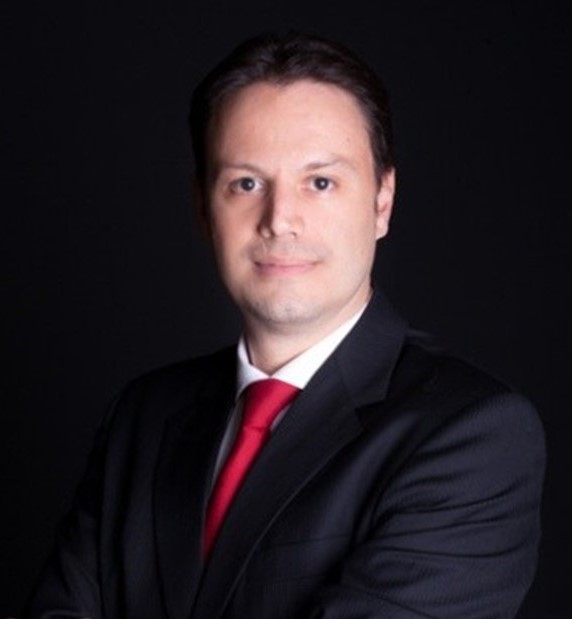“…we believe that the Harvest Plan is quite adequate…”
Luis Henrique Veit is the agribusiness superintendent of the Sistema de Crédito Cooperativo – Sicredi, graduated in business administration and M.Sc in economics from the Federal University of Rio Grande do Sul, with an MBA in business management from FGV.
Sicredi is the oldest credit union in Latin America and the oldest private financial institution operating in Brazil.

Luis Henrique Veit, agribusiness superintendent at Sicredi
AgriBrasilis – Will the US$ 75,8 Billion from the Plano Safra (Harvest Plan) be Enough?
Luis Henrique Veit – Agriculture is very powerful in Brazil, so there is a proportional demand for credit, that means that there is always an appetite and need for more financing. On the other hand, there is a need for the Government to balance the accounts. Evaluating this scenario and the levels of increase in resources and prices, we believe that the Harvest Plan [Agricultural Financing Program in Brazil] is quite adequate to reality.
AgriBrasilis – According to Sicredi, the growth in the number of credit operations will be even greater than that of disbursements. What does that mean?
Luis Henrique Veit – We at Sicredi work hard along with small and medium-sized farmers. This experience makes us aware of the importance of lower-value financing for Brazilian agricultural production.
The increase in the number of operations, at a higher level than disbursements, shows that more farmers are being financed, probably including more the smaller ones.
AgriBrasilis – How much will Sicredi make available for the 2023/24 Harvest Plan? What are the institution’s goals?
Luis Henrique Veit – We provided more than US$ 12.5 billion to farmers in the 2023/2024 Harvest Plan. This value represents an increase of 16% in relation to what was granted in the previous season and the forecast is for the release of this value in more than 375 thousand operations. Sicredi is the second largest financial institution in Brazil in the agribusiness market.
Of this total, Sicredi’s expectation is to release US$ 4.83 billion for funding operations, US$ 2,31 billion for investments and US$ 291.7 million for commercialization and industrialization. In addition to these values, there is a projection of granting US$ 5.06 billion through Farmer Certificates (CPR), that has a significant increase in relation to the previous season – around 35%.
For the 2023/24 harvest, we made US$2,46 billion available for family farming and US$ 2.4 billion for medium-sized farmers. For other farmers, the volume granted will be US$ 2.58 billion. More than 88% of the total operations foreseen for this season are destined to small and medium farmers.
AgriBrasilis – What are the BNDES [Brazilian Development Bank] transfers to Sicredi?
Luis Henrique Veit – We have a great partnership with the BNDES to promote activities in Brazil, and this is strongly reflected in agriculture. We provide a very complete portfolio of BNDES solutions, and we were recently recognized by the agency in the categories “BNDES Rural Credit Programs” and “BNDES Line Coverage”, as well as “Green Economy”, that also covers rural credit.
AgriBrasilis – How should sustainability criteria change the provision of credit under the Harvest Plan?
Luis Henrique Veit – Sustainability criteria are increasingly part of the dynamics of granting credit. This cycle also begins with funding, that generates resources for rural financing.
In general, the criteria are both a challenge and an opportunity for agriculture, as they make room for the improvement of practices, that may result, in addition to environmental benefits, in cost savings. We believe that the farmer who is investing in this direction will have more and more benefits.
AgriBrasilis – In what ways can farmers prove that their practices are sustainable?
Luis Henrique Veit – The main instrument continues to be the Rural Environmental Registry – CAR, but there are still points that will be better detailed by the Government, in the sense of the practices that the farmer will need to carry out. We are always available to members to assist with questions about their requests.
In addition to the guidelines directly related to financing, we have sought to encourage sustainable practices in the agribusiness ecosystem. An example of this is our participation in the Agtech Garage Intensive Connection program, in which we are encouraging startups to develop solutions that benefit sustainable practices in the farms.
READ MORE:

